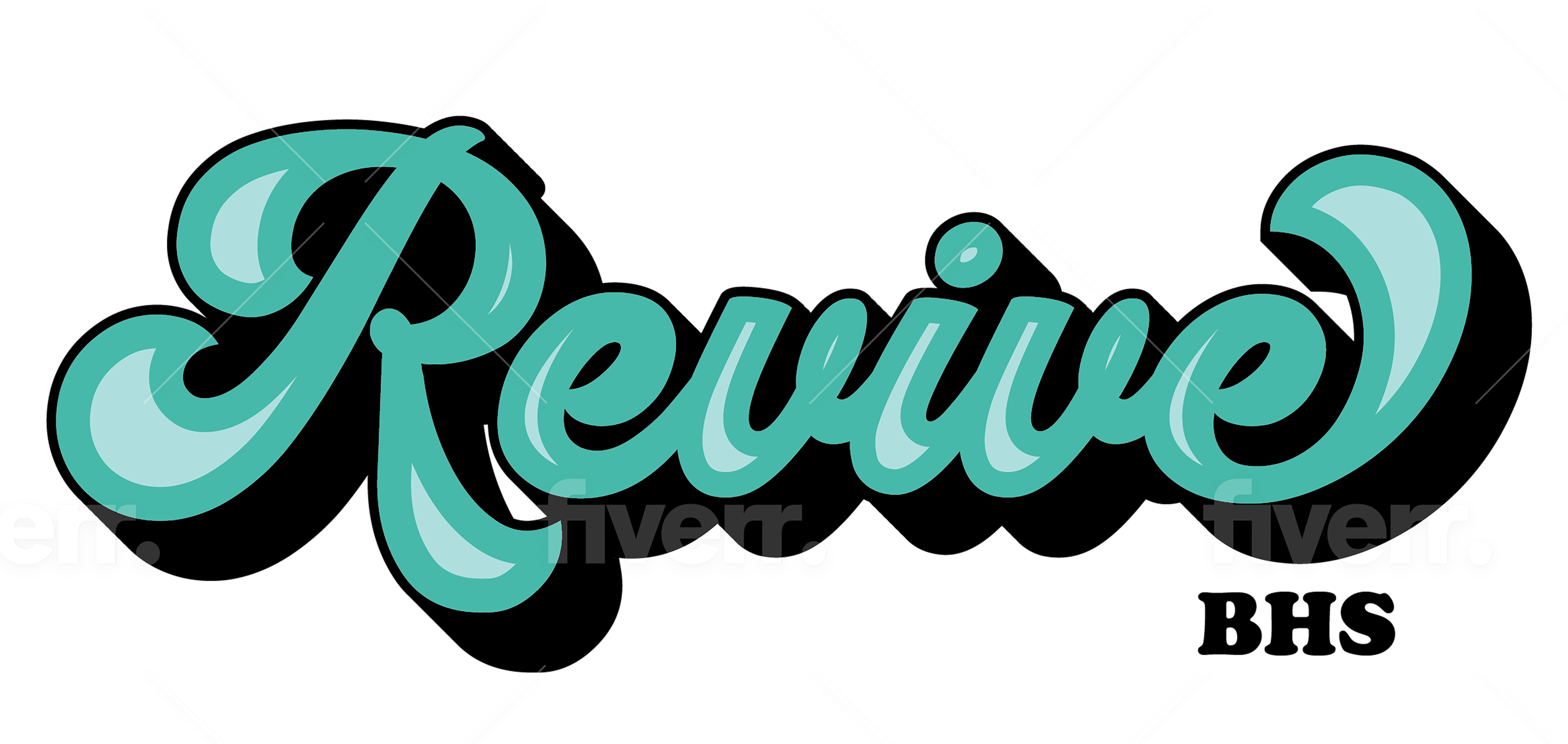Introduction to Behavioral Healthcare Billing
In the ever-evolving landscape of behavioral healthcare programs, efficient revenue cycle management processes are imperative for the financial health and sustainability of these organizations. Many programs opt to work with external behavioral healthcare billing companies to navigate the complexities of billing and reimbursement. However, poor internal workflows can significantly hinder the effectiveness of these external partnerships, leading to suboptimal billing outcomes. In this blog post, we’ll explore the critical connection between internal workflows and billing outcomes, with a focus on behavioral healthcare programs and the pivotal role of the right revenue cycle mangement company.
The Consequences of Poor Internal Workflows:
- Data Accuracy and Timeliness:
- Inaccurate or delayed data entry can result in billing errors, claim denials, and delayed reimbursements.
- Poor communication within the internal team can lead to misunderstandings, further exacerbating data quality issues.
- Compliance Risks:
- Behavioral healthcare programs are subject to numerous regulations, and poor internal workflows can increase the risk of non-compliance.
- Failure to adhere to regulatory requirements can result in fines, audits, and reputational damage.
- Revenue Leakage:
- Inefficient internal processes contribute to revenue leakage, where services rendered are not properly documented or billed.
- Unbilled services and missed revenue opportunities can have a substantial impact on the financial viability of the program.
The Role of External Behavioral Healthcare Billing Companies:
- Expertise and Consultative Guidance:
- The right behavioral healthcare billing company brings expertise in navigating the complexities of behavioral healthcare billing.
- They can provide consultative guidance on best practices, coding changes, and compliance updates.
- Efficiency and Technology:
- External revenue cycle management companies often leverage advanced technologies and streamlined processes to enhance efficiency.
- Automation can reduce errors, accelerate billing cycles, and improve overall revenue cycle management.
- Focus on Revenue Maximization:
- Billing companies are dedicated to maximizing revenue for their clients by optimizing reimbursement strategies.
- Their expertise can help behavioral healthcare programs identify and capitalize on revenue opportunities.
The Need for Internal Buy-In and Adaptation:
- Collaboration and Communication:
- Internal teams must collaborate effectively with external partners to ensure seamless information flow.
- Regular communication is essential to address challenges promptly and implement improvements.
- Training and Education:
- Behavioral healthcare programs need to invest in training and education to keep internal staff abreast of industry changes and best practices.
- Continuous learning ensures that the internal team can adapt to evolving behavioral healthcare billing requirements.
- Commitment to Change:
- Programs must be willing to embrace change and implement necessary improvements in internal workflows.
- A proactive approach to addressing inefficiencies is crucial for optimizing the partnership with the billing company.
Conclusion
In the realm of behavioral healthcare programs, the relationship between internal workflows and revenue cycle management outcomes is undeniable. Choosing the right billing company is a strategic decision, but it is equally important for programs to invest in their internal processes. The synergy between internal teams and external revenue cycle management experts, coupled with a commitment to continuous improvement, is the key to achieving optimal outcomes and financial success in the dynamic landscape of behavioral healthcare. Revive BHS is happy to provide both comprehensive billing and consultative services to our clients. Reach out today to schedule a call!
